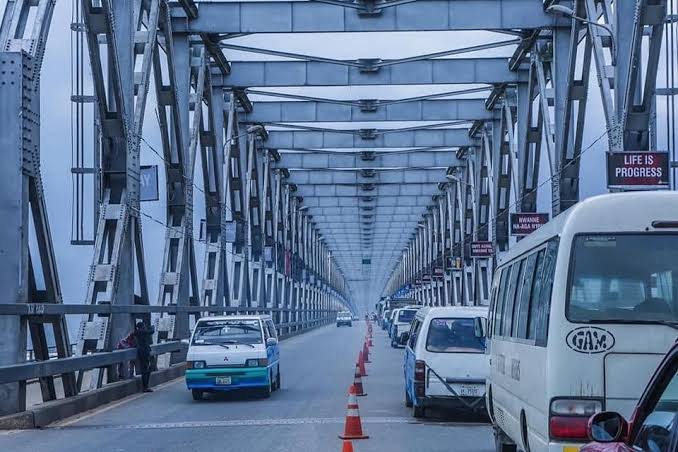By Anthony Emeka Nwosu
For many Nigerians, the Christmas season is more than just a holiday—it is a time to reconnect with family, community, and culture. This is especially true for the Igbo people, who have maintained a long-standing tradition of traveling home to their towns and villages during the festive season. Their journey is often marked by celebration, nostalgia, and the joy of homecoming. Yet, this age-old tradition has become a source of frustration and financial strain due to the skyrocketing cost of road transport.
The South-East region, known for its rich cultural heritage and communal celebrations, sees a massive influx of travelers in December. However, the lack of an efficient mass transport system has placed an undue burden on Nigerians making this annual pilgrimage.
The Cost of Homecoming
For many families, traveling from Lagos to key towns in the South-East has become a financial ordeal. As of December 2024, the average transport fares for road trips from Lagos to South-East towns are as follows:
Lagos to Aba: ₦56,900 (605km)
Lagos to Abakaliki: ₦56,400 (629km)
Lagos to Enugu: ₦55,400 (556km)
Lagos to Owerri: ₦56,400 (538km)
Lagos to Awka: ₦51,900 (492km)
Lagos to Umuahia: ₦55,200 (576km)
Lagos to Nsukka: ₦54,400 (609km)
Lagos to Onitsha: ₦50,500 (452km)
These figures represent average fares charged by standard transport companies, with some operators offering marginally lower or higher prices depending on the quality of service.
“Home is Calling, But the Fare is Alarming”
Chinwe, a Lagos-based entrepreneur, shared her frustration: “Every year, it gets harder to travel home. Last December, I paid ₦40,000 to travel to Enugu. Now it’s over ₦55,000! For a family of five, it’s almost impossible to afford.”
Similarly, Uche, a civil servant, lamented the strain these prices put on middle-class earners. “It’s not just the fare; we still have to budget for gifts, family contributions, and festivities. Traveling home shouldn’t feel like a punishment.”
Why Are Prices So High?
The steep fares are a symptom of larger systemic issues:
1. Demand Overload: December’s travel rush leads to a shortage of buses, allowing transport companies to hike prices.
2. Fuel Price Volatility: Rising fuel costs have drastically increased operational expenses for transporters.
3. Poor Infrastructure: Dilapidated roads, traffic congestion, and longer travel times force operators to factor in higher vehicle maintenance costs.
4. No Viable Alternatives: The absence of a functional rail system or affordable air travel leaves many Nigerians reliant on road transport.
A Call for Intervention
The Ministry of Transport has been criticized for failing to address these challenges. Despite calls for intervention, there have been no concrete efforts to introduce palliative measures, such as subsidized fares or temporary mass transit solutions during the festive season.
Emeka, a regular traveler, suggested: “The government should collaborate with transport companies to regulate prices or offer temporary solutions like affordable buses for December travelers.”
Beyond December: The Bigger Picture
This annual struggle highlights the urgent need for a sustainable transport strategy in Nigeria. An efficient rail network, improved road infrastructure, and better regulatory oversight could significantly alleviate the burden on travelers and boost economic activity in the region.
As the Christmas bells ring louder, many Nigerians are left wondering: Will going home ever become easier?
This season, while families across the South-East gear up for joyful reunions, the cost of getting there is a sobering reminder of the gaps in Nigeria’s transportation system.
#Nigeria #TourNigeria #SoutheastTravel #TransportChallenges




